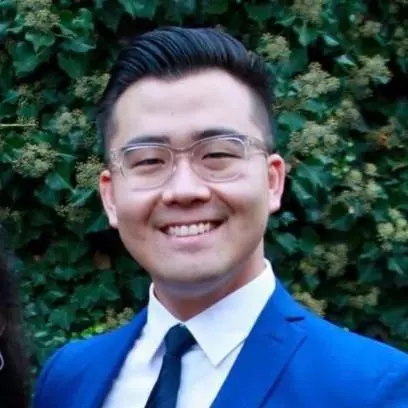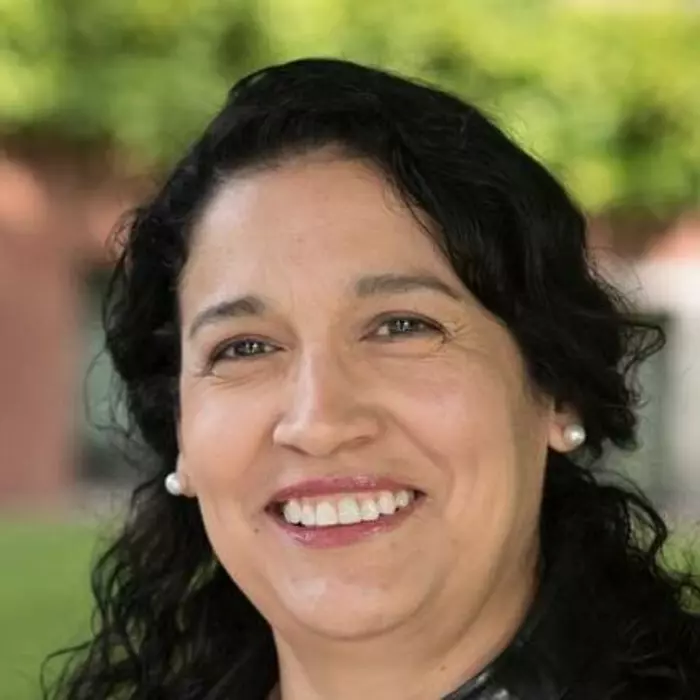The Business Leadership Program (BLP) is a four-year, experiential, honors program in the School of Business & Leadership. Student progress through a unique curriculum with a cohort of 25 exceptional students committed to leadership, academics, and professional development.
BLP students develop their leadership through interaction with their cohort and on campus leadership opportunities. Students live together their first year and take one class together each semester, creating a learning community in which students challenge and cooperate with each other. BLP students rave about how much they enjoy and learn from their cohort, building leadership skills and a network of relationships that advance them throughout their careers.
BLP students undertake a challenging academic program that emphasizes critical thinking, problem solving, and effective written and verbal communication in the fundamental business areas of management, marketing, accounting, finance, and law. Students learn to develop and answer questions critical to the success of for profit and non-profit organizations. Students customize their education by selecting specific areas of interest. BLP students double major in many fields, including Economics, International Political Economy, Environmental Policy and Decision Making, Art, Math, and Computer Science.
BLP students prepare for their careers after graduation through evening seminars, field trips, an internship, and mentoring. Students identify their professional interests, learn about career opportunities, engage with local professionals, create a professional network, and develop the skills to land a great job and begin a satisfying career as soon as they graduate.











